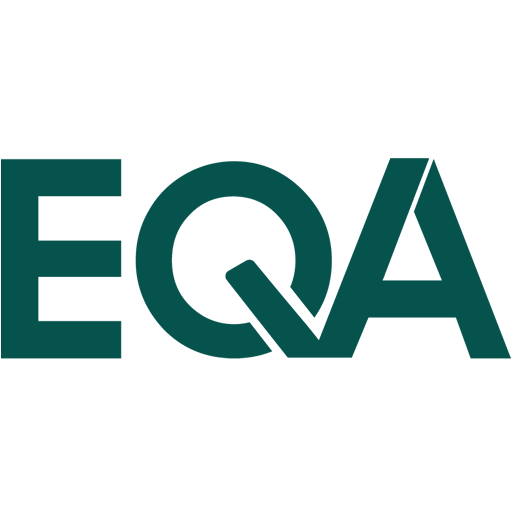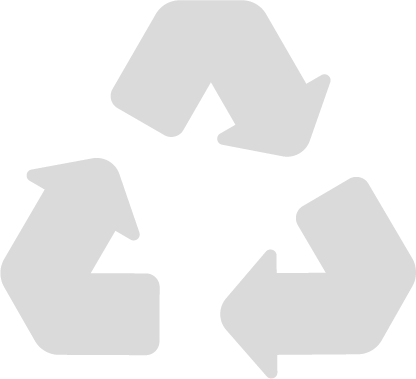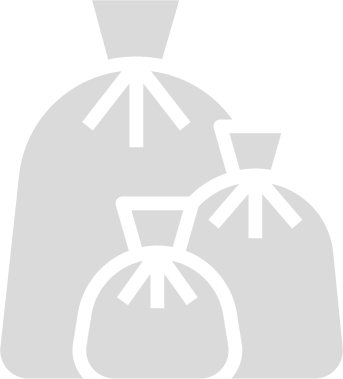
Circular Economy
Circular Economy is a concept related to sustainability, which aims to reduce the consumption of resources and the generation of waste. The Circular Economy strategy seeks to get the most out of materials, extending their useful life in order to avoid over-exploitation of natural resources and an increase in waste.
Furthermore, it goes beyond the production and consumption of goods and services, as it also emphasises the substitution of fossil fuels with renewable energies and diversification.
Circular economy is defined as a new economic and social system that aims to “produce goods and services while reducing consumption and waste of raw materials, water and energy sources” according to the Circular Economy Foundation.
Underpinned by a transition to renewable energy sources, the circular model creates economic, natural and social capital and is based on three principles:
- Eliminate waste and pollution by design.
- Keep products and materials in use.
- Regenerate natural systems.
EQA Services in Circular Economy
Frequently Asked Questions
State regulation on waste and contaminated soil
Article 5 of Law 22/2011, of 28 July, on waste and contaminated soils, on the end of waste status, grants the Ministry of Agriculture and Fisheries, Food and Environment the power to establish, by ministerial order, the specific criteria that certain types of waste that have undergone a recovery operation must meet in order to cease to be considered as such.
It is the Ministry that decides on the waste streams for which it is most appropriate to evaluate the possible establishment of end-of-waste criteria.
More information on state regulation of waste and contaminated soil
EU Waste Management Regulation
Directive 2008/98/EC of the European Parliament and of the Council of 19 November 2008 on waste and repealing certain Directives establishes, in Article 6, the conditions that a waste must fulfil to cease to be waste, and the following regulations have been adopted:
– Regulation 333/2011 (Iron, Steel and Aluminium Scrap)
– Regulation 1179/2012 (Recovered Glass)
– Regulation 715/2013 (Cu scrap)
Producer obligations
The producer shall implement a quality management system capable of demonstrating compliance with the criteria indicated in the reference regulations.
A conformity assessment body as defined in Regulation (EC) No 765/2008 of the European Parliament and of the Council of 9 July 2008 setting out the requirements for accreditation and market surveillance relating to the marketing of products (1 ), which has obtained accreditation in accordance with that Regulation, or any other environmental verifier, as defined in Article 2(20)(b) of Regulation (EC) No 1221/2009 of the European Parliament and of the Council of 25 November 2009 on the voluntary participation by organisations in a Community eco-management and audit scheme (EMAS) (2 ), shall verify whether the quality management system complies with the requirements of this Article. The verification shall be carried out every three years.
EQA is accredited by ENAC as an EMAS verifier and is competent for the verification of the compliance of the quality management system with the requirements in the referenced regulations, depending on the type of waste (Scrap Iron/Steel/Aluminium, Recovered Glass, Copper).
More information on the EU waste management regulation.
Contact us for more information on Circular Economy
Follow us
Tel. +34 913 078 648



